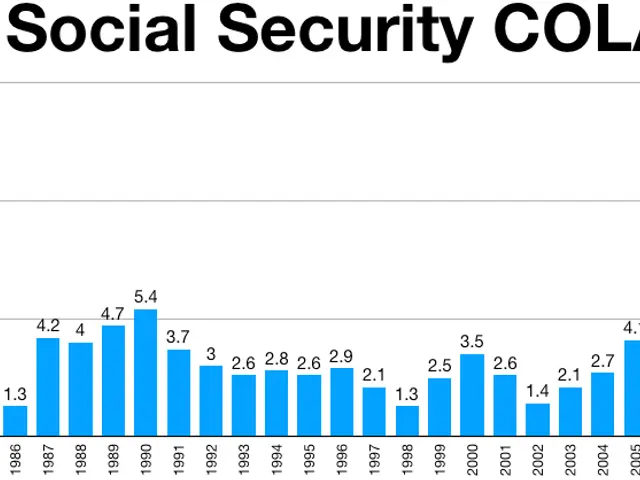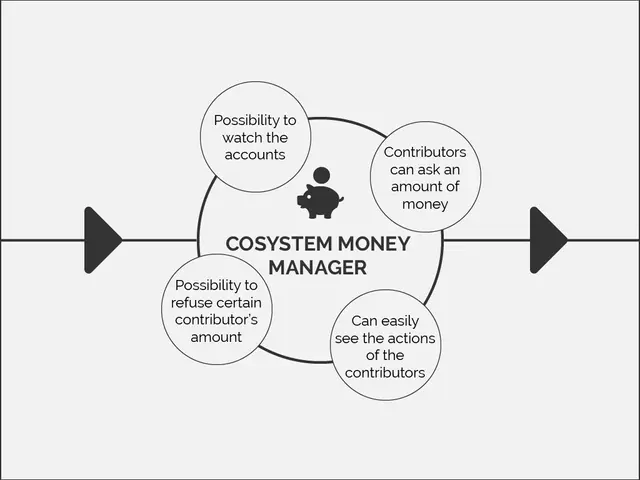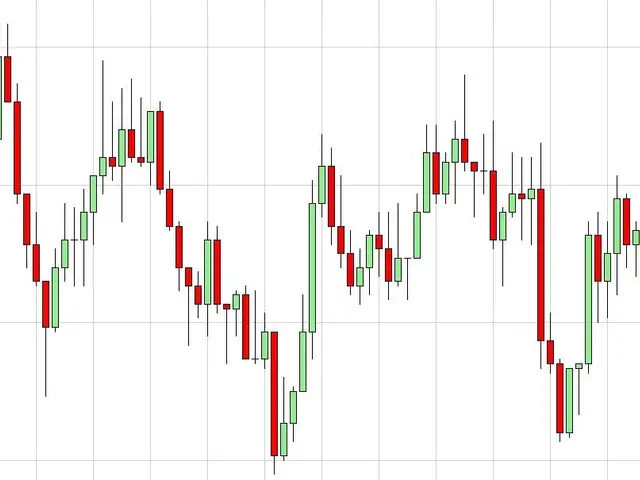World takes a new turn as Germany emerges as the globe's leading creditor, surpassing Japan in the financial hierarchy. - World Power Shift: Germany Assumes Role of Largest Global Creditor, Dethroning Japan
Germany assumed the position of the world's largest creditor nation in 2024, dethroning Japan, which had held the title for 34 consecutive years. This change was due to a confluence of factors, including Germany's robust trade performance and currency effects, rather than any significant decline in Japan's foreign investment activity.
The key reasons for Germany's rise include a substantial trade surplus, a stronger euro against the yen, and a higher net external asset position. The country's current account surplus in 2024 reached €248.7 billion (approximately USD 283 billion), significantly exceeding Japan's. The euro appreciated by around 5% against the yen, making Germany's foreign assets appear larger when measured in yen, contributing to its surpassing Japan in net external assets. By the end of 2024, Germany's net external assets amounted to ¥569.7 trillion (approximately USD 3.99 trillion), while Japan's stood at ¥533.1 trillion (about USD 3.73 trillion), but Germany's lead was underscored by the currency effect.
Japanese companies have continued to invest heavily abroad, particularly in US and UK markets, with sectors such as finance, insurance, and retail attracting significant capital. Despite the yen's depreciation increasing both the nominal value of foreign assets and liabilities in yen terms, assets held abroad are valued in foreign currencies, causing these assets to appear larger when converted back to yen. This applied to both assets and liabilities, but assets rose faster for Japan. However, these gains were not enough to keep Japan at the top, as Germany's assets increased more rapidly in value, particularly due to the euro's appreciation.
The depreciation of the yen inflates the yen-denominated value of overseas investments when converted back, boosting Japan's reported net external assets, but not enough to match Germany's absolute gains. This shift was less about a slowdown in Japan’s overseas investment activity and more about Germany’s trade surplus and the relatively stronger euro compared to the yen. This underscores how currency valuation can impact the standing of creditor nations.
In summary, Germany seized the title of the world's largest creditor nation because of a strong trade surplus, the euro's appreciation against the yen, and a higher net external asset position. Japan continues to invest heavily abroad, but the growth was not enough to maintain its lead due to Germany's rapid asset accumulation.
| Country | Net External Assets (2024, Japanese Yen) | Net External Assets (2024, USD) | Key Factors ||---------|-----------------------------------------------------|--------------------------------------------------|----------------------------------------|| Germany | ¥569.7 trillion (approximately USD 3.99 trillion) | — | Strong trade surplus, euro appreciation || Japan | ¥533.1 trillion (about USD 3.73 trillion) | — | High overseas investment, yen depreciation || China | ¥516.3 trillion (approximately USD 3.27 trillion) | — | — |
- Despite the higher rate of inflation in the United Kingdom, Germany's rise as the world's largest creditor nation in 2024 can be attributed to factors such as industry, finance, and investing, including a substantial trade surplus, a stronger euro against the yen, and a higher net external asset position.
- The robust business environment in Germany, along with personal-finance decisions focused on wealth-management, played a significant role in accumulating assets rapidly, enabling the country to surpass Japan, which has been investing heavily overseas in sectors like finance, insurance, and retail.
- The confluence of factors influencing Germany's creditor status, such as a strong trade surplus, the euro's appreciation against the yen, and a higher net external asset position, underscores the importance of currency valuation in shaping the standing of creditor nations, as demonstrated by the shift from Japan to Germany in 2024.







